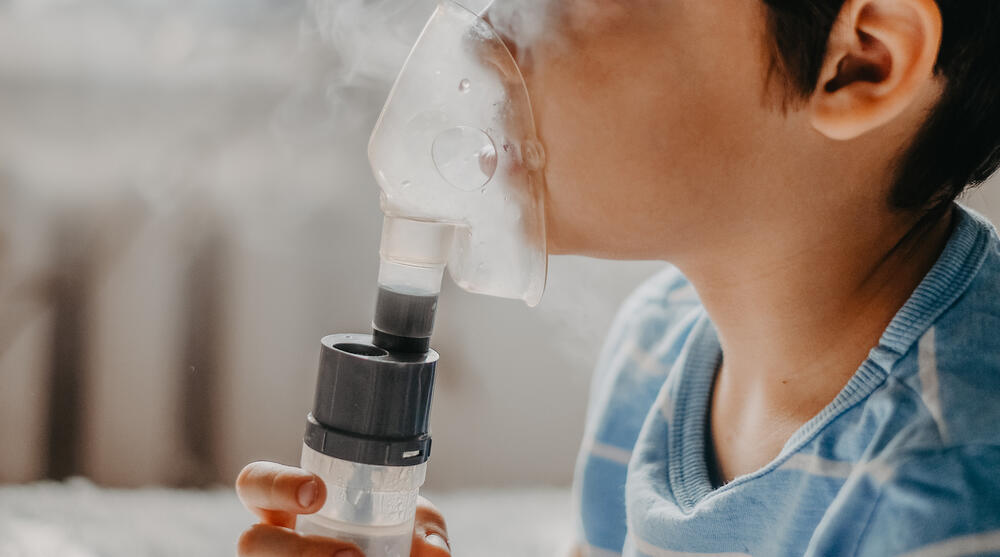
Caption
About half of the pediatric asthma patients nationwide rely on Medicaid, according to the American Lung Association.
Credit: stock.adobe.com.
LISTEN: 2 in 5 Georgia children rely on Medicaid and the Children’s Health Insurance Program (CHIP) for health care. Experts with the American Lung Association say proposed cuts to the federal program will disproportionately affect kids with asthma. GPB’s Ellen Eldridge reports.

About half of the pediatric asthma patients nationwide rely on Medicaid, according to the American Lung Association.
Congress is considering cutting billions of dollars from the Children’s Health Insurance Program (CHIP) and Medicaid, which provides health insurance to about 2 million Georgians, mostly pregnant women and children.
The proposed cuts could have dire consequences for people living with lung cancer and lung disease as well as other chronic conditions such as asthma, said Dr. Christy Sadreameli, a pediatric pulmonologist with the American Lung Association.
She said about half of the pediatric asthma patients nationwide rely on Medicaid.
"When I'm working in the hospital, it's actually closer to 70% of the patients I take care of," she said. "And you can see this dynamic in Atlanta and other places in Georgia where many, many children — both healthy children and children who have chronic diseases like asthma — do rely on Medicaid."
To keep asthma under control, it's essential to make routine appointments, use prescription inhalers and keep up with immunizations. If you don't have health insurance, you're not making those routine visits because you're unable to pay for those medications that keep the disease under control, she said.
"In some cases you're at risk of dying, but even if you're not dying, you're much more likely to end up in the hospital and suffer severe consequences," she said.
Similarly, when people can't be screened, diagnosed or treated early, their lung cancer survival rate goes way down.
The five-year survival for lung cancer, if it's caught early at a more treatable phase, is 64%, she said, but five-year survival for lung cancer, if detected late, is only 9%.
Sometimes the reason for that difference is access to Medicaid or having health care coverage.
"It's very costly to society and it's very costly to individuals and families who may be losing their loved one or seeing that loved one unable to work for various reasons because they're not getting the health care that they need," she said.
Proposed Medicaid work requirements for adults will hurt caregivers, students, and others who are unable to work due to illness or disability, she said.
"I think a lot of people don't realize that most adults with Medicaid between the ages of 18 and 65 work," Sadreameli said.
"It's kids, it's pregnant women," who could lose access to health care, Sadreameli said. "It's elderly people who are living in long-term care who could potentially be pretty much kicked to the curb without this coverage."